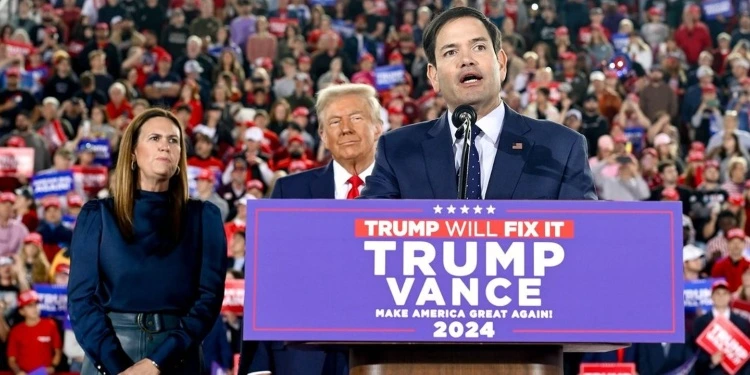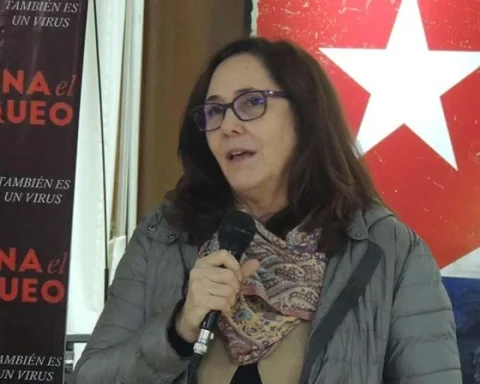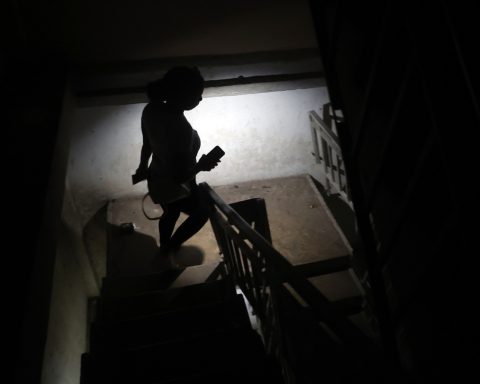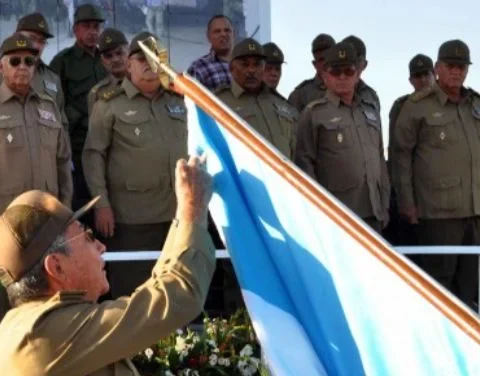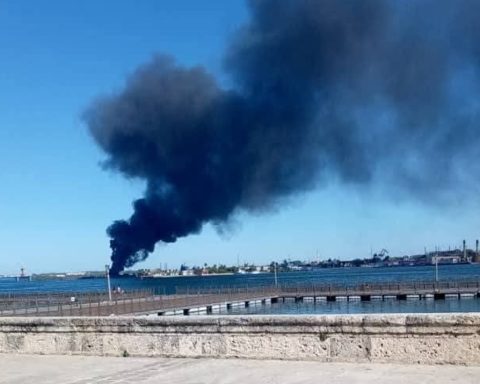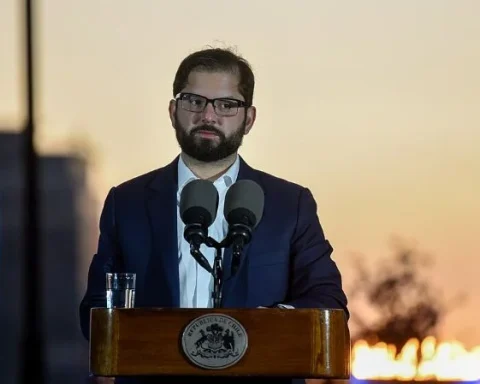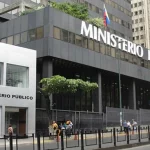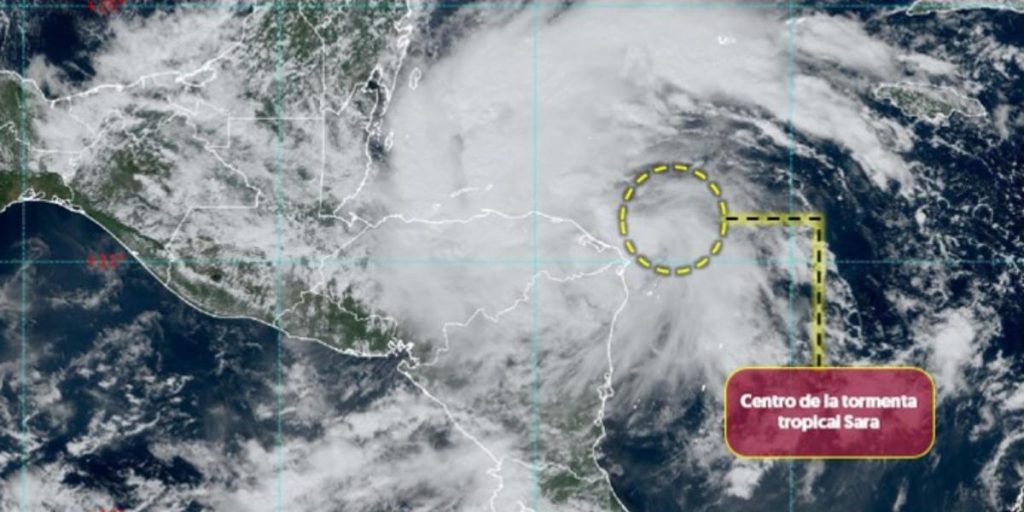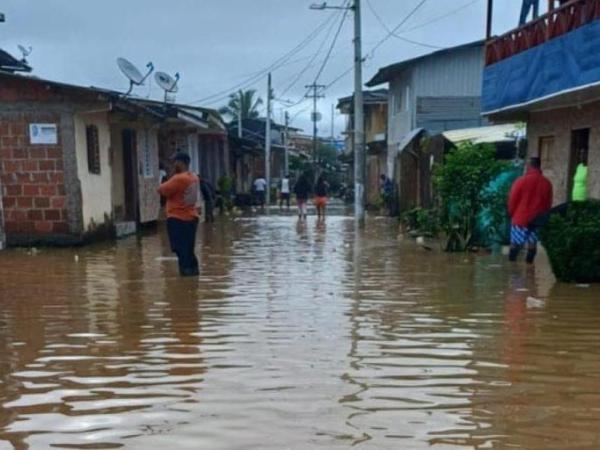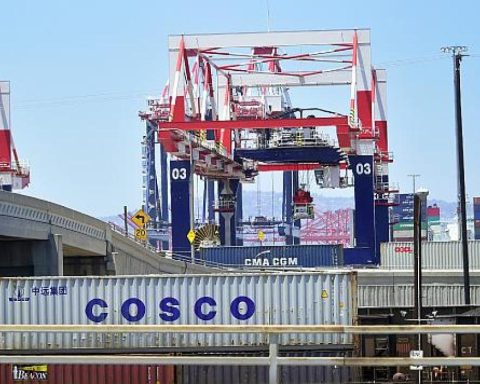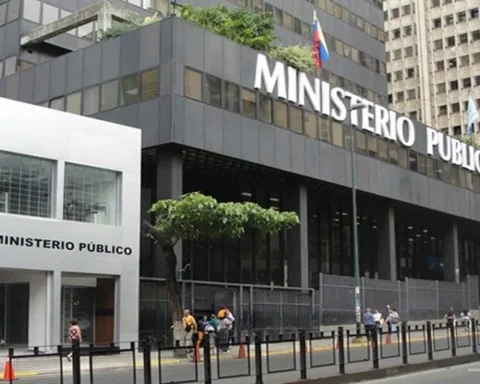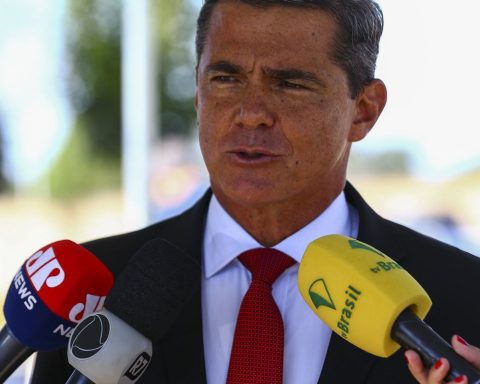HAVANA, Cuba.- In the United States, the elections last Tuesday the 5th turned out to be not as indecisive as much of the press predicted. After the clear victory achieved by the candidacy Trump-Vance and the Republican Party, the society of the great country is preparing for the new democratic transition that will take place on January 20.
This Wednesday, the president-elect and his acting counterpart, Joe Biden, met at the White House with a view to holding a “transition “fluid.” As it should be in a democracy.
Public attention is focused on the announcements that Trump’s team makes from time to time regarding the appointment of his future collaborators in the Federal Executive Branch. Maximum attention has been focused on the appointment of the new Secretary of State, which – as is known – will fall to the Cuban-American senator Marco Rubio.
It is natural that there is great interest about it. This is the most important of the officials appointed by the president of the United States. We are talking about who is, due to his hierarchy, the third official of the Federal Government (only behind the two who are elected: the Chief Executive himself and his Vice); and also the third in the line of succession to the first magistracy (after the Vice President and the speaker of the House of Representatives).
Marco Rubio in office
If Marco Rubio receives the approval of the Senate (something that, depending on those who have been his colleagues for decades, can be assumed to represent a mere formality that will be evacuated in a sudden manner), he would become the citizen of Hispanic descent who has held the highest position in the entire history of the United States.
Furthermore, this is a person who, through his relatives immediate, knows first-hand the misdeeds perpetrated by the Castro-communists. That is why his appointment represents news that is excellent for all pro-democracy fighters, but terrible for the “Palace of the Revolution” in Havana and, by extension, for the man from Caracas in Miraflores, as well as for his counterpart in Managua.
In the pages of this same digital newspaper, interesting material has been published in which the answer to a vital question is given: “What is the position from Senator Marco Rubio to Cuba?” There, with examples taken from the long and successful congressional career of the aforementioned, the vertical and energetic behavior assumed by him in the face of the Havana dictatorship is illustrated.
It is right, in that context, what was stated in the editorial that the Cuban Diary dedicated to the historic appointment. The very title of this material, as they say, “puts its finger on the sore spot”: “Marco Rubio, Secretary of State, facing the agony of Castroism”. Or as stated in its downspout: “The news could not be worse for the Havana regime, entrenched in immobility and overwhelmed by stubborn reality.”
The silence of the regime
Not in vain Granmathrough the mouth of the informer Raúl Antonio Capote, has described him as a “dark figure, who has caused so much damage.” Although it is clear that, strictly speaking, the aforementioned Castro-communist down jacket is the only “dark figure” in this matter.
But the Cuban authorities, fundamentally, have chosen to remain prudently silent. Even Bruno Rodríguez Parrilla, Minister of Foreign Affairs, usually so talkative, has preferred to remain silent.
The Castros have chosen to delegate the expression of their rejection to the cyber clarias at their service. This is the case of those who call themselves “The Fool”who published a post who wants to be ironic: “Frenic little friends: Calm down, breathe… Now? OK. “Marco Rubio is not going to knock anything down.”
The appointment of Marco Rubio
The designation of the prominent Cuban-American has been surrounded by characteristics sui generis. While the announcements regarding the appointment of Trump’s other top collaborators have been made official from the first moment, that of the most senior of the current senators of the State of Florida has remained pending confirmation for days. I consider that that impasse It is not arbitrary or unfounded.
First of all, I clarify that I lack internal information about the reasons there may have been for this delay. I will limit myself, therefore, to speculating about it. We will see what my readers think about the arguments that I am going to present and about the two compelling reasons that – I believe – have existed for the aforementioned delay to occur.
First of all, I consider that it has great relevance a well-known fact: as I have already pointed out, Marco occupies a seat in the Federal Senate, where he has represented his home state since 2010. And it is well known that, in the United States, the Constitution establishes a clear separation between the Legislative and Executive powers .
Unlike what happened in Cuba with the democratic Magna Carta of 1940 (or what has happened in recent decades with the totalitarian super laws of 1975, 1992, 2002 and 2019), in the great northern country it is not possible for a congressman holds a ministerial position. To begin serving as the very important Secretary of State, Mr. Rubio will have to abandon his seat.
There you must enter functions the current Florida governor, also a Republican Ron de Santis, who is responsible for nominating an interim senator to serve until the new federal election (the so-called “mid-term”), which should take place in 2026.
Marco Rubio against communist regimes
Of course, a responsible politician who respects his constituents (and I believe Marco is one) must pay attention not only to the very high position offered to him, but also to the important issue of who will represent his voters in the Senate. I consider that the clarification of this spot vital good has merited the aforementioned days of delay.
Secondly, I would like to think that the future Secretary of State, before accepting and assuming that position, wanted to point out vital aspects of the foreign policy that the Washington government will have to follow starting next January 20 (and that he, As the person in charge of American diplomacy, it will be his responsibility to apply it on a day-to-day basis). These, of course, will have been important questions to clarify with President-elect Trump.
The thing is that, during the electoral campaign, an important slogan of the Republican Party was the slogan “America First” (which I translate as “United States First”). What scope could that motto have? Would its application imply the maintenance of an isolationist policy at all costs? Or, on the contrary, wouldn’t that principle exclude confrontation (within the limits set by international law, of course) to the regimes Castro-inspired communists that we spend in Latin America?
I believe that the formalization of the announcement of the very important appointment implies that the matter has been clarified to the complete satisfaction of those involved; and, in particular, Mr. Rubio.
Of course, it is not reasonable that, when he is already in charge of American diplomacy, the new Secretary of State maintains the rhetoric of his time as a senator. Diplomatic practices advise moderation in this regard. But, in any case, bad news continues to rain for Havana’s “Palacio de la Revolución”!
